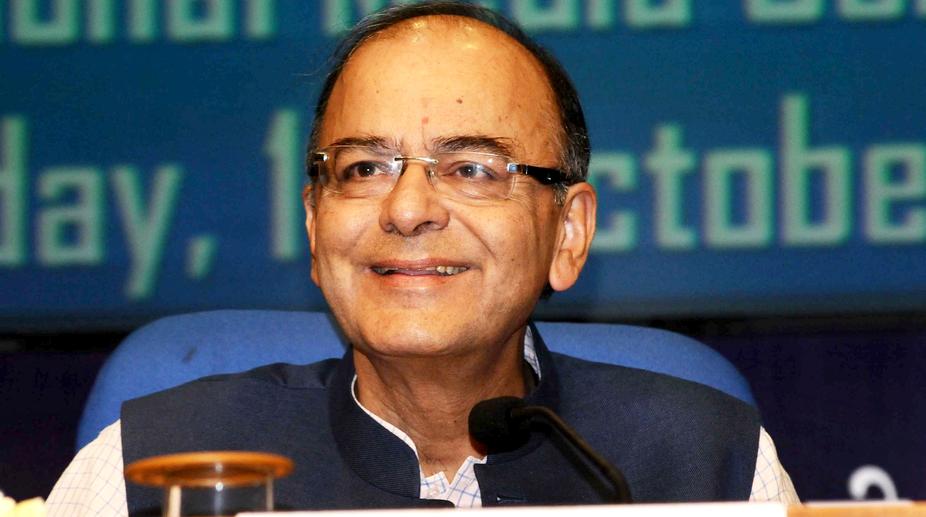Over 34 lakh central government employees and 14 lakh defence personnel will get enhanced house rent and other allowances, including special allowances in hardship postings like Siachen, that will cost the exchequer Rs.30,748 crore a year.
This was decided by the Union Cabinet on 28 June which approved the recommendations of the Seventh Central Pay Commission (CPC) related to allowances, with 34 modifications.
Advertisement
Briefing reporters after the cabinet meeting, Finance Minister Arun Jaitley said that House Rent Allowance will be paid at 24 per cent, 16 per cent and eight per cent for X,Y, Z cities respectively.
He said HRA will not less than Rs.5,400, Rs.3,600 and Rs.1,800 for X,Y, Z cities calculated at 30, 20 and 10 per cent of minimum pay of Rs.18,000.
"The CPC recommended revision of HRA when DA reaches 50 per cent and 100 per cent. The government decided to revise rates when DA crosses 25 per cent and 50 per cent respectively," he said.
HRA is admissible to central government employees depending upon classification of the city/town where they are posted. Cities and towns are classifie ‘ 'X', 'Y' and 'Z' based on their population.
Jaitley said that fixed medical allowance for pensioners has been increased from Rs.500 to Rs.1,000 per month. The constant attendance allowance on 100 per cent disablement has been increased from Rs 4,500 per month to Rs 6,750 per month.
The Minister said the government has increased rate of nursing allowance from Rs.4,800 to Rs.7,200 per month.
Operation Theatre allowance has increased from Rs.360 per month and Rs.540 per month. The hospital patient care allowance has been increased from Rs.2,070-Rs 2,100 to Rs.4,100-Rs 5,300 per month.
The Cabinet had decided to set up the Committee on Allowances (CoA) while approving the recommendations of the 7th CPC in June, 2016.
An official release said that the modifications were based on suggestions made by the CoA in its Report submitted to Finance Minister on April 27, 2017 and the Empowered Committee of Secretaries set up to screen the recommendations of 7th CPC.
The release said the CPC had adopted a three-pronged approach in examining a total of 197 allowances which involved an assessment of the need for continuation of each allowance, appropriateness of the set of people covered by the allowance and rationalisation which involved clubbing of allowances with similar objectives.
The CPC recommended that 53 allowances be abolished and 37 be subsumed in an existing or a newly proposed allowance.
For most of the allowances that were retained, the CPC recommended a raise commensurate with inflation as reflected in the rates of Dearness Allowance (DA).
The release said that fully DA-indexed allowances such as Transport Allowance were not given any raise.
"Allowances not indexed to DA were raised by a factor of 2.25 and the partially indexed ones by a factor of 1.5. The quantum of allowances paid as a percentage of pay was rationalised by a factor of 0.8," it said.
The release said a new paradigm has been evolved to administer the allowances linked to risk and hardship and these have been fitted into a table called Risk and Hardship Matrix (R&H Matrix).











